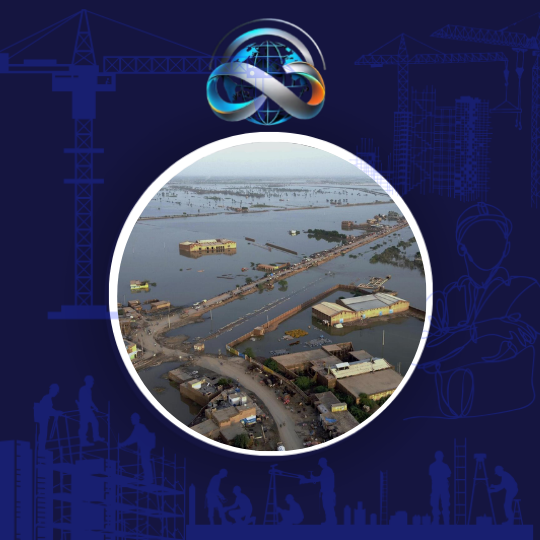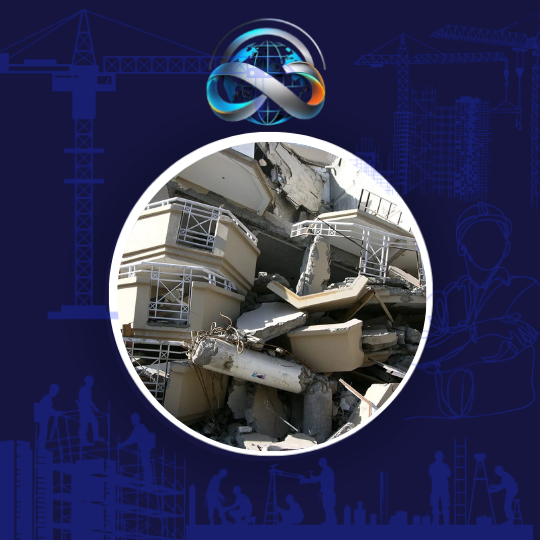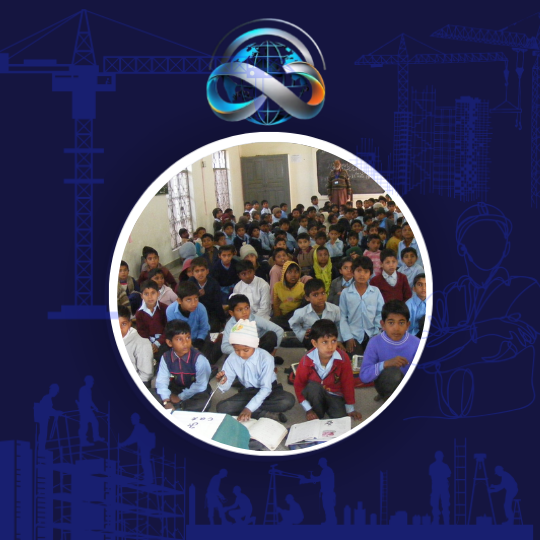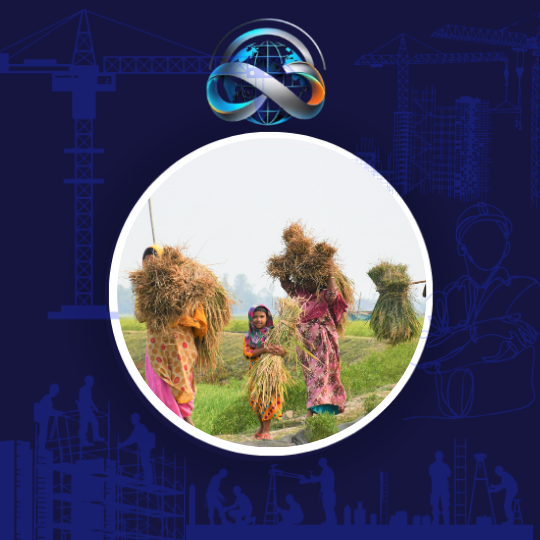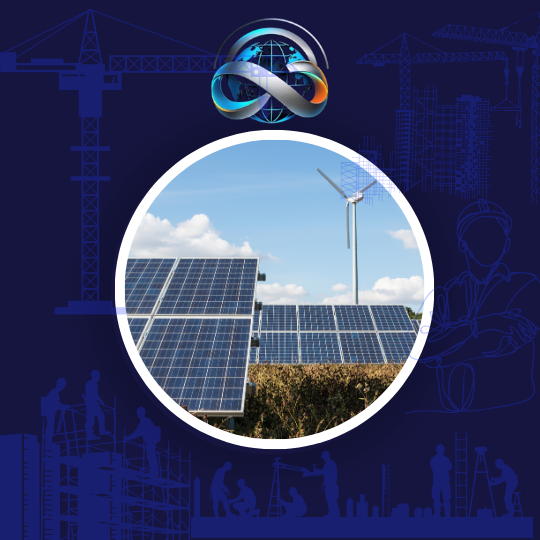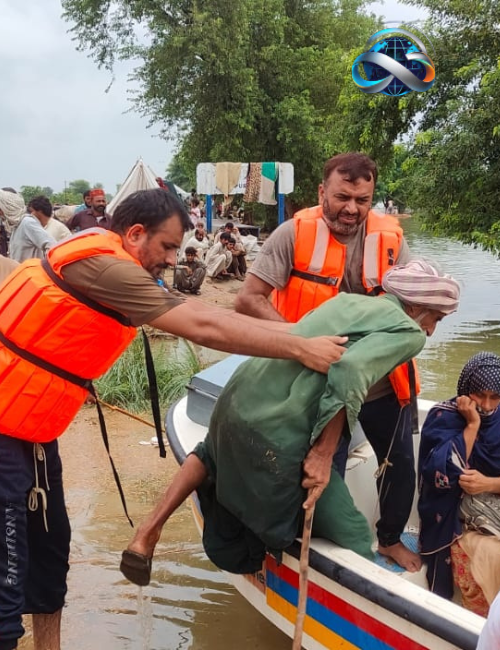
About Infinite Trade World
Social Sector
In the "Infinite Trade World," social sector services, including school infrastructure development, healthcare, disaster relief, emergency response, and renewable energy, benefit from a global network of expertise, technology, and resources. By tapping into international supply chains, these sectors can access advanced building materials, medical equipment, and renewable technologies, improving service delivery in underserved regions. However, coordinating such projects across borders requires careful planning and alignment with local needs, regulations, and standards. Global collaborations enable the construction of resilient school infrastructures, the delivery of essential medical services, and the efficient deployment of disaster relief operations. AI and IoT technologies enhance emergency response times, helping agencies monitor and manage crises in real-time. Additionally, renewable energy solutions sourced globally, like solar and wind technologies, are critical in powering schools, hospitals, and disaster relief operations sustainably. Despite the opportunities, challenges such as regulatory compliance, logistical barriers, and varying local needs must be addressed. Successful implementation of these services relies on the ability to mobilize resources quickly and ensure long-term sustainability and community impact across the globe.
